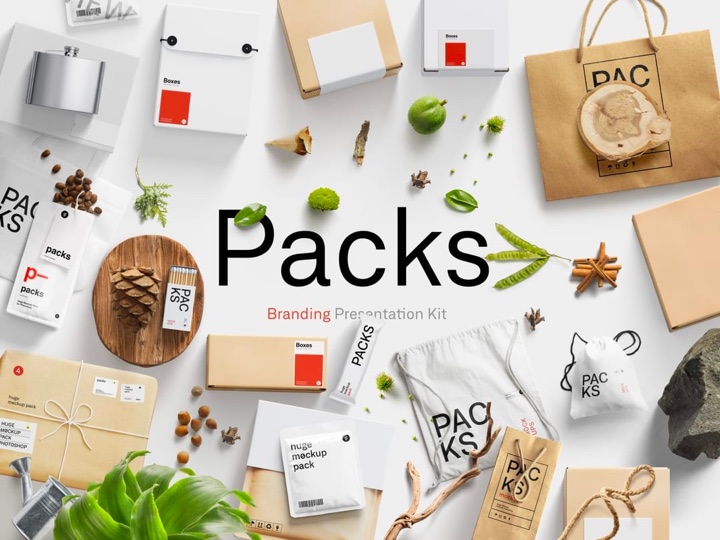Views
390
Replies
14
Status
Closed
I was reading a book on digital photography and it said one should make changes to images in TIFF format, because it’s lossless. Is the native Photoshop format, PSD, also just as good and as safe?

Must-have mockup pack for every graphic designer 🔥🔥🔥
Easy-to-use drag-n-drop Photoshop scene creator with more than 2800 items.
